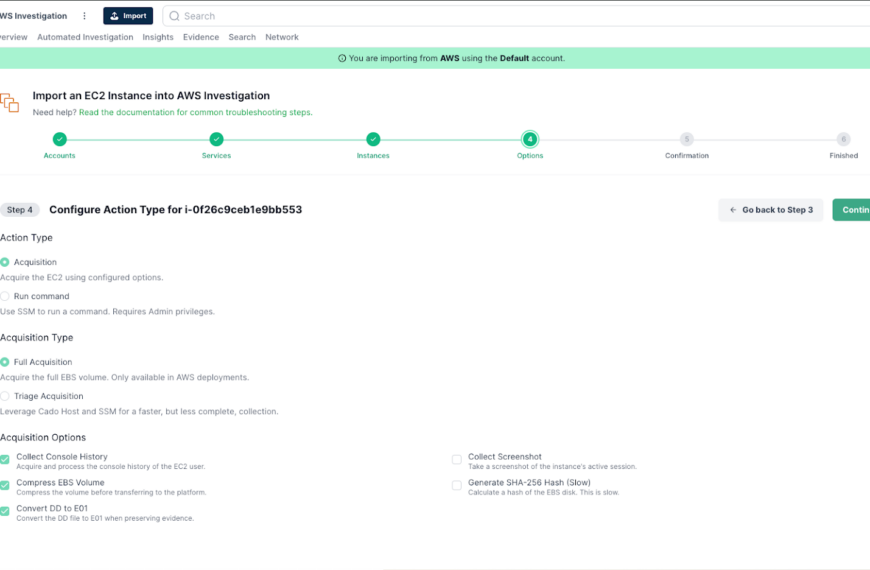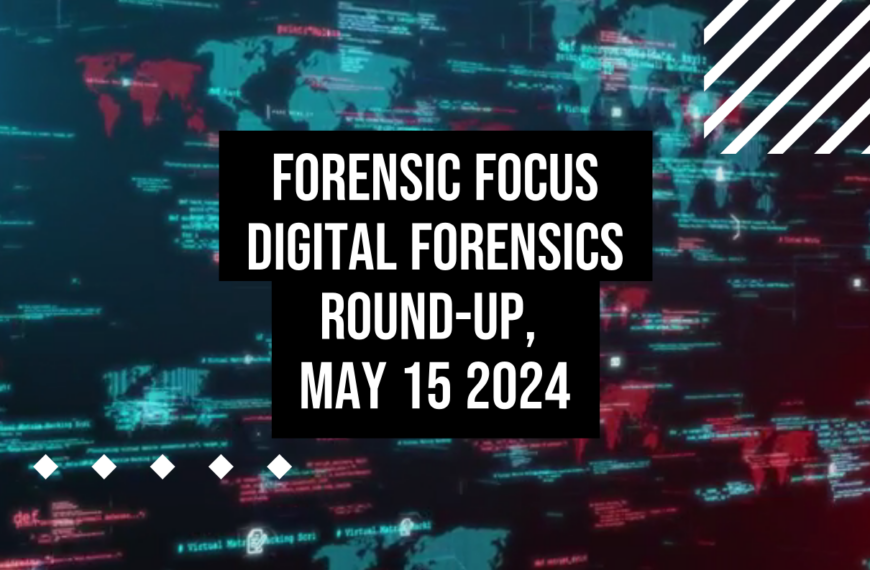Forensic backlogs are an increasing concern for many law enforcement agencies. Agencies must shift from simply collecting digital evidence to effectively analyzing the digital evidence collected. Media analysis is time-intensive and requires training to ensure that all pieces of evidentiary value are identified and processed.
Another problem is that the sheer volume of data or evidence files collected makes it difficult for agencies to keep up with the output. For example, a single cyber-crime investigation can result in hundreds of gigabytes of data, which can be captured and preserved, but not analyzed in a timely manner.
This creates a forensic backlog that affects the lives of victims, is costly to the agency, and can hinder the prosecution’s case against the offender. The solution is to utilize automated media exploitation tools that can process large volumes of data in a timely manner without requiring extensive expertise.1-Dec-28-2022-08-57-52-3322-PM
As a law enforcement officer, the forensic backlog problem can be a significant challenge. With the right approach and technology, it’s possible to reduce your backlog and improve the overall efficiency of your forensic processes. In this article, we look at key strategies that can be used to reduce forensic backlogs and allow law enforcement to make the best use of their resources.
One key strategy that can be used to reduce forensic backlogs is by adopting an evidence-based approach to decision-making. This means that when considering which cases to prioritize, you should base your decisions on the evidence available. By doing this, you can ensure that you are focusing your efforts on the cases that are most likely to result in a conviction.
Another strategy that can be used to reduce forensic backlogs is by investing in technology. For example, you may want to consider investing in a digital evidence management system. This type of system can help you to streamline your evidence-gathering and processing, which can save you time in the long run.
Finally, it’s also important to focus on training and education. By ensuring that your staff is properly trained in the latest forensic techniques, you can make sure that they can work efficiently and effectively. This can ultimately save you time and money, and help to reduce your forensic backlogs.
By following these key strategies, you can make a significant impact on your forensic backlogs. By taking an evidence-based approach, investing in technology, and focusing on training and education, you can help to streamline your processes and save time and resources.
ADF Solutions’ suite of forensic tools can help forensic examiners conduct their evidence deep dives from mobile devices and computer devices faster.
Try ADF for 30 days free at TryADF.com















